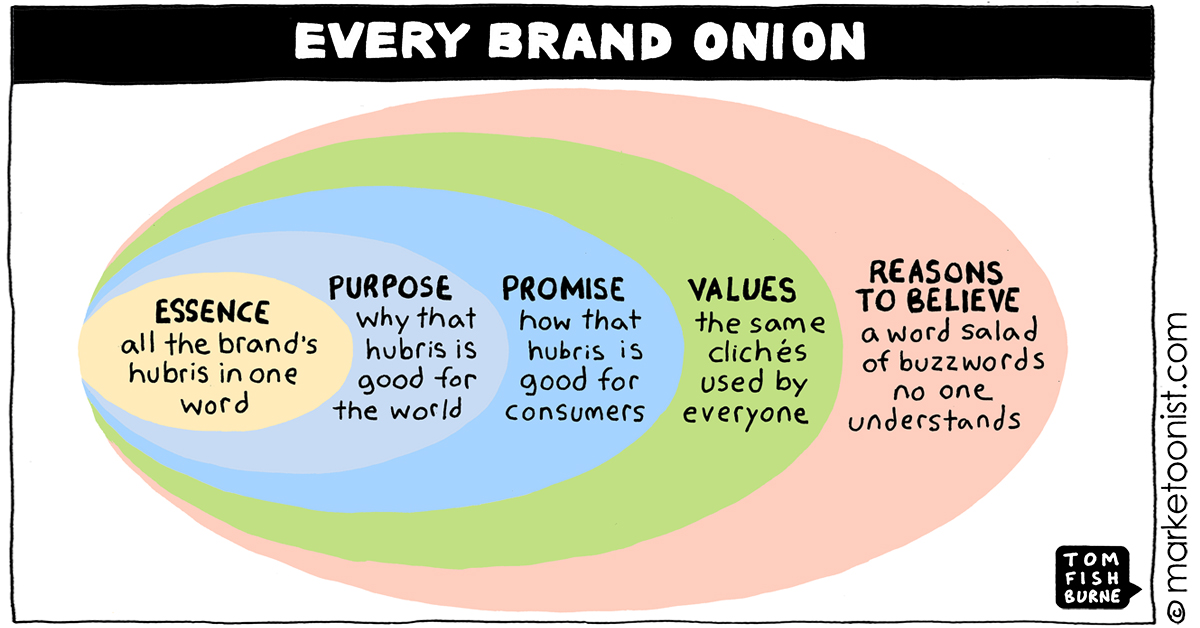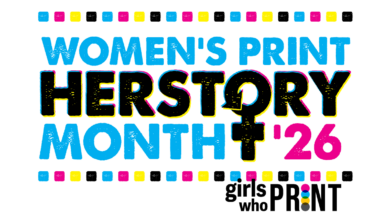
Your brand proposition
There is a reason why customers choose you over others. Your product/service list is just a menu: a series of goods and services you exchange for money. Your solutions, the problems you solve, are your brand proposition. Think of a company like Blue Apron: they sell pre-packaged ingredients. Their solution is more time with your family, a healthier lifestyle, the knowledge of food and cooking.
Those are real problems. A grocery list in a box is not a solution. What is your solution? What problems do you solve?
Think about the problems your business solves
Do you bring a birthday party to life? Do you save lost people and bring them to their destination? Do you communicate important messages to help small businesses survive? Do you protect people from getting sick?
These are large solutions, but your brand can also take care of the little things. Do you encourage individuality? Do you bring happy memories of loved ones? Do you help communicate personality and bringing people together?
Those problems can be really simple
Sometimes marketing departments take themselves way too seriously. What is your brand purpose, and how can you activate it? If that sounds too complicated, trust your instincts.

It’s ok to start small. Is your shop literally down the street? Do you take credit cards? Do you offer same/next day delivery? Are you easy to do business with? Never underestimate the quality of being the easy choice.
Easy can sometimes mean more revenue
Alvin Toffler introduced the concept of choice overload: a cognitive impairment in which people have a difficult time making decisions when faced with multiple options. Human behavioral studies have repeatedly shown that the easiest solution wins when two competing options are presented. People don’t want choice as much as they want confidence in their choices. Your goal in business is to be the choice presenting the most confidence and trust. Make that part of your brand proposition.
“Whether it’s functional or emotional, your customers must relate to it.”
– Mark Burgess
Buzzwords are great for SEO, but you need to connect the dots
“Best in class.” “Best service.” “Best quality.” “Locally owned.” These are all great buzzwords to help you increase your clickthrough rates. If you operate an e-commerce business and you never need to interact with a customer in person, these are great options for your business. Just remember that everyone else is using them too!
Take the next step and connect those buzzwords to a value the customer can relate to.
- Why is “locally owned” important?
- Because you are accessible, you present something your customers understand, and you are not a faceless company across the ocean. You can be held accountable if something goes wrong.
- Why is “best service/quality” important?
- Because your prospects have lost time and money to other companies, they don’t want to go through that experience again.
- Why is “five stars on Google” important?
- Reviews show others have done business with you and certified you as worthy of more business. You solve problems, not create more for your customers.
The adage: “We don’t sell ¼” drills, we sell ¼” holes” is classic biz school 101 marketing, but it’s outdated. Why would someone want a hole? Take the next step and continue the journey. Is the hole for building something or taking something away? Does it save money or time? What value is the hole for your customer?
“If your approach is not unique — if you’re not the best, the fastest, the cheapest, the smartest, or the most creative — then the statements you make about your company will sound generic … they accurately describe your generic company.”
– Dr. Wobs
Tie it all together
Your customers may not have any idea why they buy from you. It could be as simple as, “I liked your logo.” Whatever the reason, you need to understand it. Act on it with your marketing, sales messaging, and service delivery. Your brand proposition should be baked into all your employee training materials, the look and feel of your shop, your company vehicles, and your corporate attire.
When there is a disconnect between what you think and what your customers think, you may miss a crucial moment to scale your business or pivot away from disaster. Be the missing piece and help your customers solve their puzzles.



